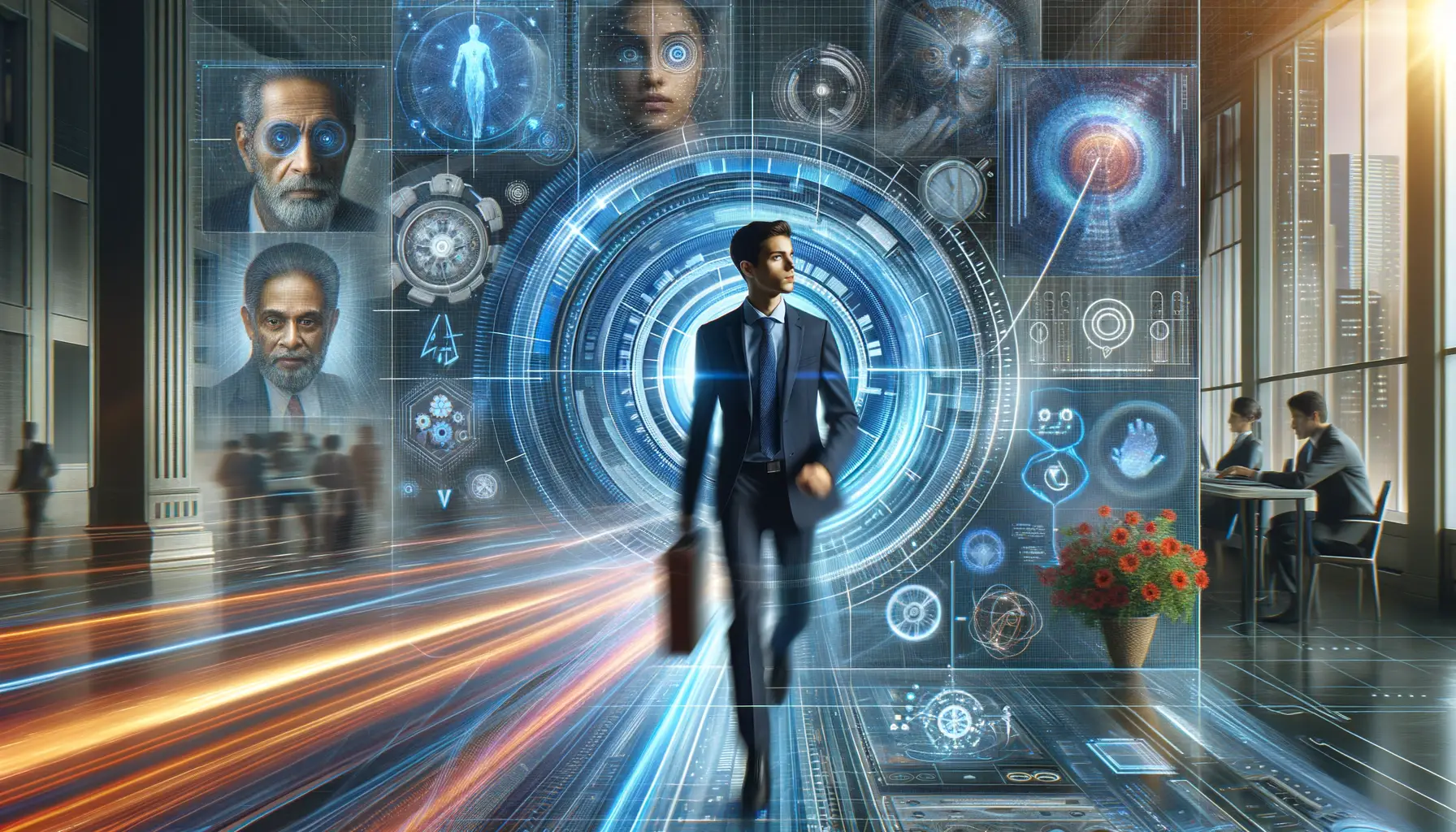
The following is an extract from my latest book, Power and Presence: Reclaiming Your Authentic Self in a Weaponized World. I use the term “ITopia” to describe a dystopian future in which techno-centrism has replaced a human and nature-centred life. The term “MemeWorld” refers specifically to our currently evolving web space, which is increasingly driven by social media and media memes, and where it is becoming evermore difficult to know what is real.
* * *
I would like to begin Power and Presence with the disturbing proposition that the ITopian nightmare has descended and possessed us. ITopia is my term for the dystopian future which is emerging, where Information technology (IT) has permeated all areas of our lives, creating an imbalanced technocratic society founded on what Shoshana Zuboff calls “surveillance capitalism.”
I like to call our current virtual spaces MemeWorld, because it represents a reality whose fabric is comprised not so much of the real, but of threads of memes weaved into a great net. And that net is increasingly what we see of the world, and how we see it.
Or rather, that is how the world is made for us.
MemeWorld is becoming increasingly alien, relative to how we once experienced the world with our critical faculties and bodily, intuitive senses. Yet we can now identify some of MemeWorld’s general operational features.
- Memes usurp fact. The way a person or problem is projected via image and narrative tends to overpower the reality of who that person is or what the problem actually is.
- Pervasive hyperbole. When problems and issues are represented and discussed, they are often exaggerated via emotional loading of image and language. In other words, sensationalized. As a result, it is very difficult to tell just how big or serious any given behaviour, event or problem is. Or if it is even real.
- Confusion and paranoia. As the disjunct between what is seen and experienced online and that experienced in the physical world expands, there is increased uncertainty about what is real. Trust in the sensemaking system is collapsing, as netizens become increasingly fearful or even paranoid. Fear of the invisible hand of the censors pervades much net activity, and conspiracy theories abound, including in the mainstream, establishment media.
- Ungrounded certainty and blind trust: In apparent contrast to the previous development, many choose to simply believe their tribal information sources; even as uncertainty, ambiguity and critical discernment of motive are the more justified attitudes. Many netizens now surrender much of their thinking faculties to authority as the required cognitive capacity for sensemaking becomes too difficult.
- Widespread tribalism. Public discourses are tending to split into memetic tribes, each with their own values, cultures, heroes, allies and enemies. The “culture wars” now feature multiple memetic tribes, as Limberg and Barnes outline in their influential 2018 Medium article entitled, “The memetic tribes of culture war 2.0.” And as Rebel Wisdom founder and journalist David Fuller has pointed out, after the defeat of Donald Trump in the 2020 US election, the Blue and Red tribes have started to become increasingly internally fragmented as the tensions brought about by the pandemic have begun to take hold. Ironically, Trump had been an intra-tribe unifier, even as he was an inter-tribe splittist.
- Weaponisation of ideas: Almost all ideas, good and bad, are now routinely weaponized in order to push agendas: for example, racism, gender issues, sexual orientation, censorship, immigration, the pandemic and vaccination are all widely weaponized, for and against, for personal and political gain. This trend is driven by multiple stakeholders, including political parties, the tech giants, academics, media organizations, celebrities, and grifters of all kinds.
- Ubiquitous hostile operatives. Almost anything written or spoken in web space is a potential weapon with which a hostile individual or group can attack the author.
- Demonization: The other is regularly mocked as being bad and stupid.
- Lack of reflection. There is typically insufficient internal critique by individuals and tribes, as chronic projection at the outgroup(s) undermines self-reflection. Foresight is retarded in proportion to lack of self-reflection.
- Conservatism (cognitive, not political) People, political parties, and institutions become slow to learn or change.
- Implicit taboos. These include effective prohibition of criticism of “sacred” ideas, narratives, people and groups. Contextual and factor analyses – deep questions – are effectively banned within these sacralized spaces.
- Excommunication of dissenters. Those who criticize the tribe or break its taboos are rendered as non-aligned, then othered.
- Acontextuality. An author’s web content can potentially be extracted and represented out of context by an aggressive third party to further their own agenda and attack that author.
- Atemporality. Web content lingers indefinitely in respect to time. All commentary entered on the net for whatever purpose can be extracted at any point in the future and used to further someone else’s (possibly hostile) agenda. That the Overton Window can shift suddenly and in unpredictable ways leaves authors potentially vulnerable to hostile misrepresentation.
These operational features now clearly distinguish MemeWorld from the physical world we experience from day to day. As time goes on, that degree of distortion will only increase. And as we stand at the edifice of an augmented, virtual reality imbued with a pervasive artificial intelligence, we are in genuine danger of completely losing our grasp on reality and on ourselves.
The weaponization of the internet, politics and society is all but complete, and our souls – our Authentic Selves – are being defeated. Our awareness has shifted from the inner wisdom of that Authentic Self to become ensnared in a virtual MemeWorld, which we now increasingly confuse for reality. It is my aim to make Power and Presence a confronting but ultimately empowering book, one designed to shake you, the reader, from the grip of ITopia and empower you to rediscover your Authentic Self.
Marcus
This is an extract from Marcus T Anthony’s latest book, Power and Presence: Reclaiming Your Authentic Self in a Digitized World.




